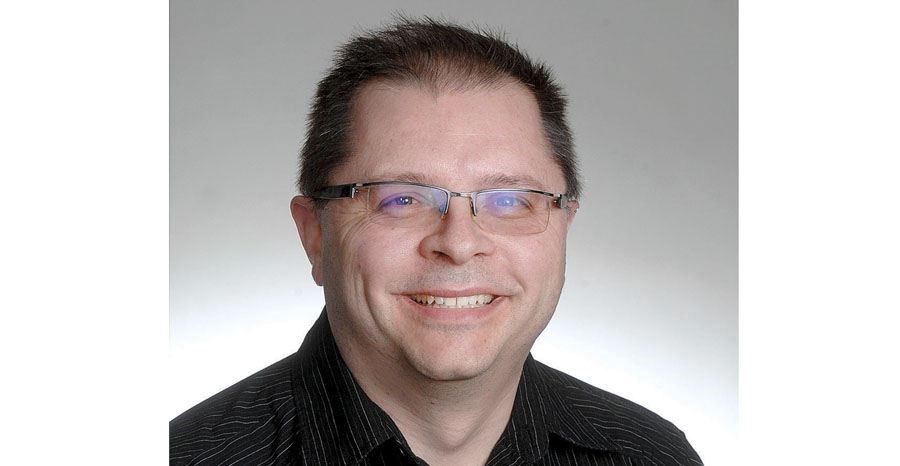Cody Alan Legebokoff is getting exactly what he deserves in a Vancouver courtroom this week.
The B.C. Court of Appeal setting aside time to hear an appeal of his conviction for murdering four women seems like such a waste of the court's time. After all, Legebokoff was literally caught red-handed, the blood of his final victim, 15-year-old Loren Leslie, on his clothes, his hands and even his face when he was pulled over for suspicious driving.
While this legal step brings additional pain and anxiety to the friends and families of Legebokoff's victims, sadly this is the cost of living in a democratic society that respects the rule of law. Police officers, lawyers, judges and juries have made mistakes in the past, innocent people have been sent to jail while the guilty have been denied their right to a fair trial. Being fair, even to someone like Legebokoff, requires society to allow the guilty to challenge their convictions.
The law, like science, does not deal in certainty but in probability. Legebokoff was found guilty beyond a reasonable doubt, not 100 per cent guilty, not guilty beyond all doubt. In statistical terms, 95 per cent or 19 times out of 20 is good enough because there's always the possibility that the data is wrong, was collected incorrectly or was misinterpreted.
In this case, the Legebokoff appeal has nothing to do with the evidence presented at the trial or how the jury analyzed that evidence. In other words, there will be no mention made of the physical evidence or the statements of witnesses. Rather, his appeal questions the validity of the entire trial. His lawyer is arguing that he could not receive a fair trial in Prince George because there had been too much public and media attention in the case, polluting the potential jury pool and the judge. The appeal is based on the grounds that the proceedings should have been moved to Vancouver, where presumably his chances of having his case heard before a judge and 12 impartial jurors would have been much higher. Complex legal arguments, citing previous cases elsewhere in Canada, will be made to justify this position.
Meanwhile, the Crown insists that Legebokoff's right to a fair trial was not violated, that adequate steps were taken to assemble a jury of his peers who knew nothing of him or the women he was accused of murdering, and that the judge made no mistakes during the three-and-a-half month trial that could have swayed the jury against the defendant. That last point is often the basis for appeal and that's the case here, with Legebokoff's lawyer arguing the trial judge was biased against the defence counsel.
The appeals court, made up of three judges, has several options when hearing this case. It could reject the appeal outright, finding that it has no legal grounds. The court could also find that the appeal has some merits but not enough to warrant overturning the conviction. Or the court could agree that the trial should never have been held in Prince George during the summer of 2014. That doesn't mean, however, that the court believes Legebokoff is an innocent man who should be immediately set free. It would only mean that they feel he has been wrongfully convicted and a new trial is required in Vancouver. From a legal standpoint, the first trial would cease to exist and it would be back to square one: choosing a jury, ruling on the admissibility of evidence, witnesses testifying before the court.
All of this extra work and analysis is not perfect. It's costly, it's time consuming, it's hard on the loved ones of the victims and it frustrates citizens who want to see justice done. Yet this is exactly how justice happens. For justice to be just, it must be fair to a fault. This means the officers of the court must ignore their intuition, reject their gut feelings and focus exclusively on the legal case for and against the defendant. That is not easy to do, particularly when many Canadians believe justice would be served with Legebokoff by locking him up and throwing away the key.
Or worse.
That is swift and convenient vengeance.
That is not fair, either to him or to the victims who deserve the best of the Canadian legal system be applied as harshly as possible to Legebokoff.
Barring any unforeseen complications, he will soon run out of legal avenues to deny his crimes.
When he does, there will be nothing for him except for being locked in a cage for decades.
It's not perfect but it is fair.
-- Managing editor Neil Godbout



